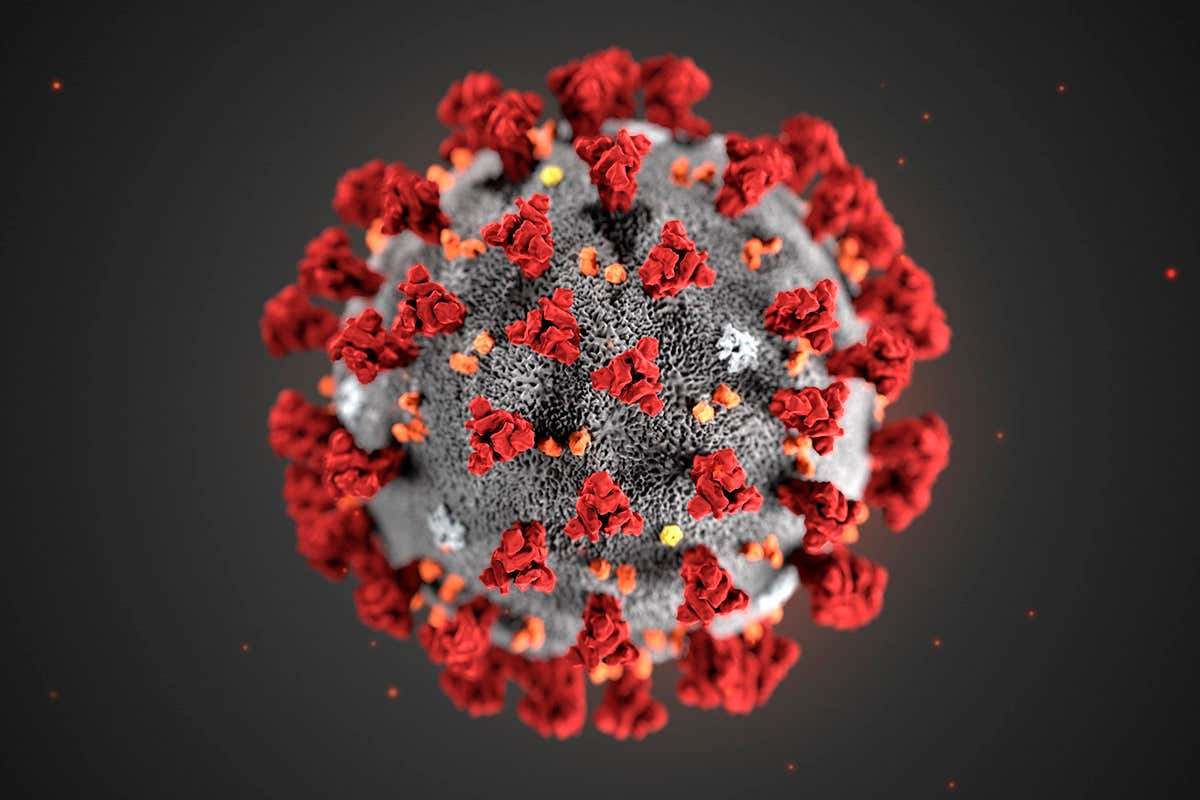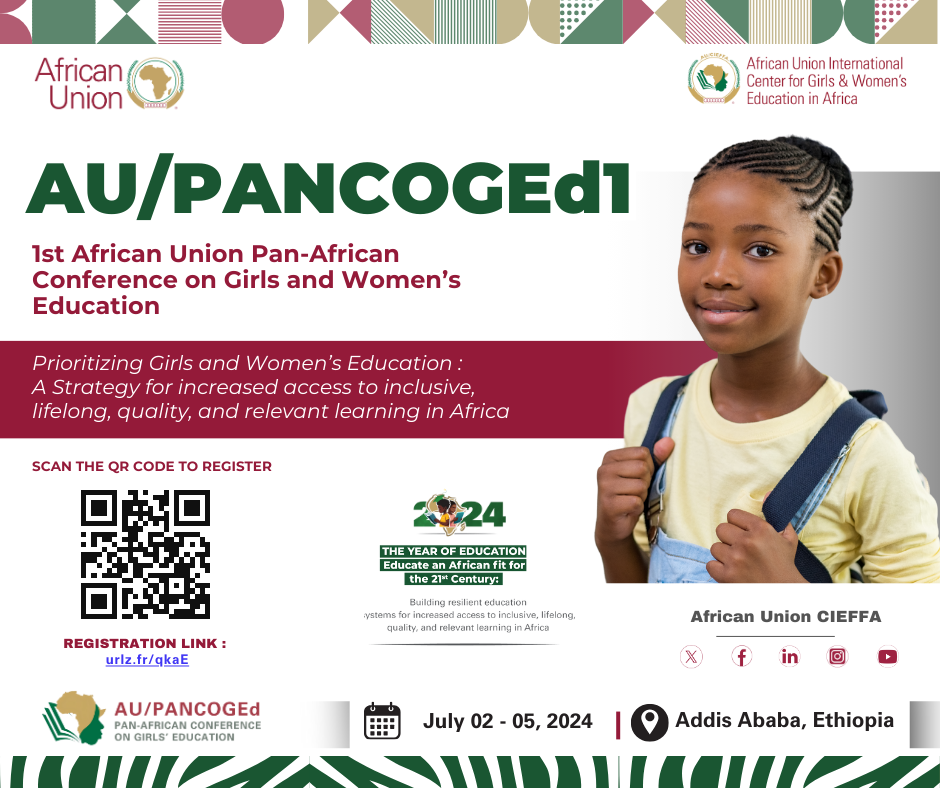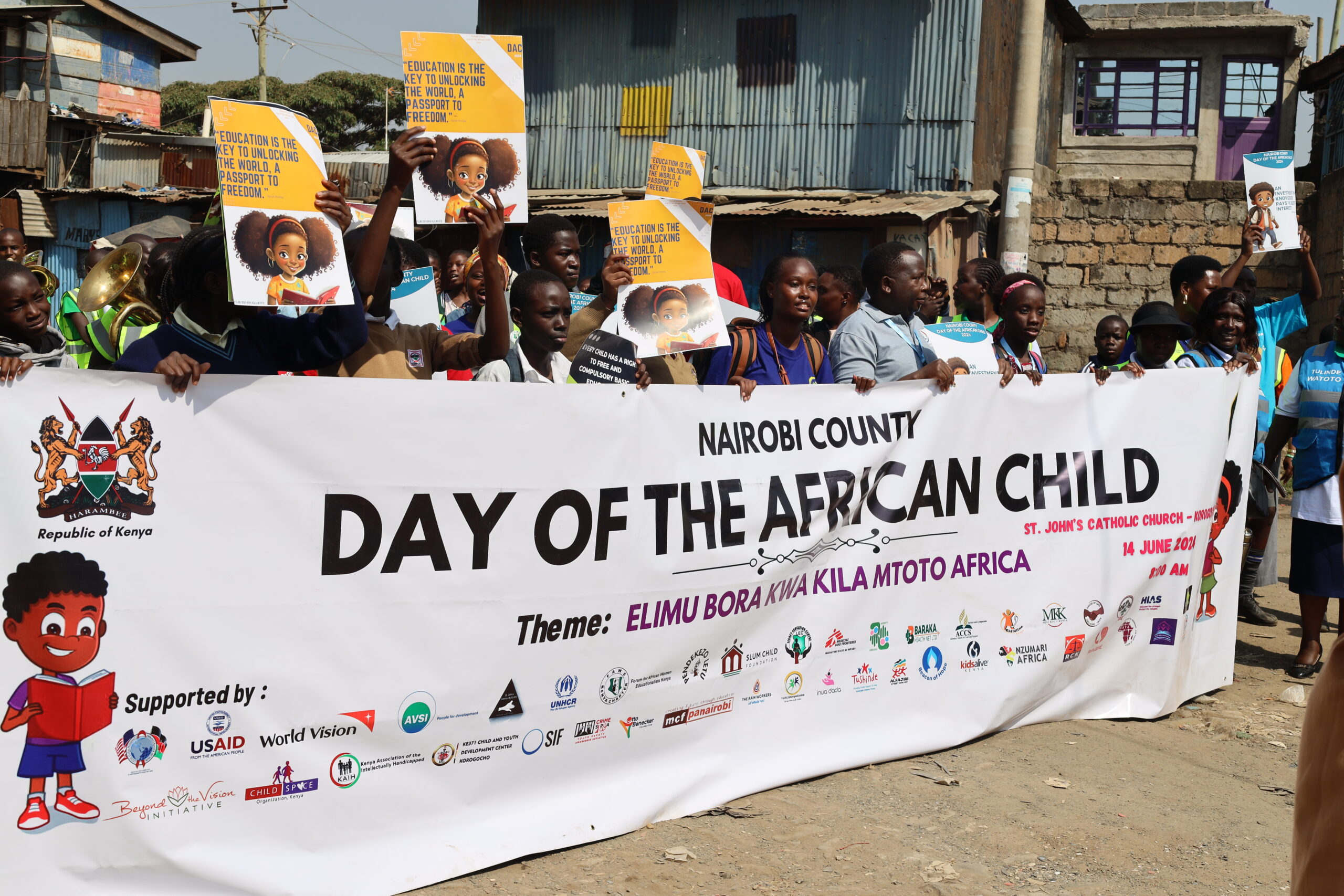The Corona virus has brought to the fore the apparent gender disparities that women continue to face in their everyday lives. During this pandemic period, women and girls are bearing the burden of care for their homes, families and the entire community.
Safety measures put in place by many governments around the world require that people maintain social distance from each other in order to curb the spread of the deadly virus. It is advised that people stay at home, isolate and maintain minimal contact with others. This kind of isolation has unfortunately seen women and girls receive the short end of the stick.
In Kenya, the government has imposed a 7.00pm to 5.00am curfew. In addition to this, citizens are forbidden from traveling to or from a selected number of counties that are deemed ‘hotspots’ with only approved essential services workers allowed to move. This has dealt a huge blow to small scale farmers as they are unable to sell their produce directly from rural to urban areas. They have to use brokers due to the partial lockdowns put in place. This greatly reduces the revenue they receive once their produce is sold.
The Kenyan government also advised business men and women to shift to digital payment platforms if they were not using them before. The rationale behind this is that cash money brings two or money people in contact and this can transmit the virus. The challenge with this is that most women in the informal sector have not yet embraced the advancement due to low literacy levels. A good number of them can hardly read and write therefore using digital platforms for them is a foreign concept. M-Pesa, a mobile phone-based money transfer service, payments and micro-financing service, is however a well-known channel that is being used in Kenya by both the literate and illiterate in the community.
Further, there is need to engage more women and youth in the Covid-19 solutions decision making process. In the wake of the stringent government measures, media reports indicate a rise of GBV cases. Women and girls are finding it hard to seek support if they are experiencing domestic abuse, are marginalized, are pregnant or suffering from underlying health and mental issues. It is evident that the safety and preventative measures put in place are ‘gender blind’ to the detriment of women’s wellbeing.
The common cultural beliefs that women and girls are the sole keepers of the home hinders them from fulfilling their potential. Even during these unprecedented times whereby productivity has greatly been reduced by half, still, women do not get a fair share chance. Most girls and women have in fact received an increase in workload and this includes balancing between domestic work and homeschooling. Their position leaves them vulnerable to abuse upon receipt of cash transfers meant to cushion families during the pandemic.
It is high time that we realized the value that women can bring to the community if only they are not only given a chance but also provided with the necessary environment to soar. A good starting point would be the increase in employment opportunities for women in the Kitui Textile Centre which is currently manufacturing face masks. Also, the distribution of free face masks, sanitizers, food and water tanks to vulnerable people would greatly reduce the emotional and physical burden on women.
Finally, we as a community need to work towards changing the attitudes of men, this will help in realizing the 2/3 gender rule in governance. It is critical that women are included in decision making to help design gender responsive initiatives. Educating women on digital technology will enable them adapt to ‘the new normal’ and ensure that their businesses income do not dwindle or reduce to zero whenever pandemics like COVID 19 surface.






Leave A Comment